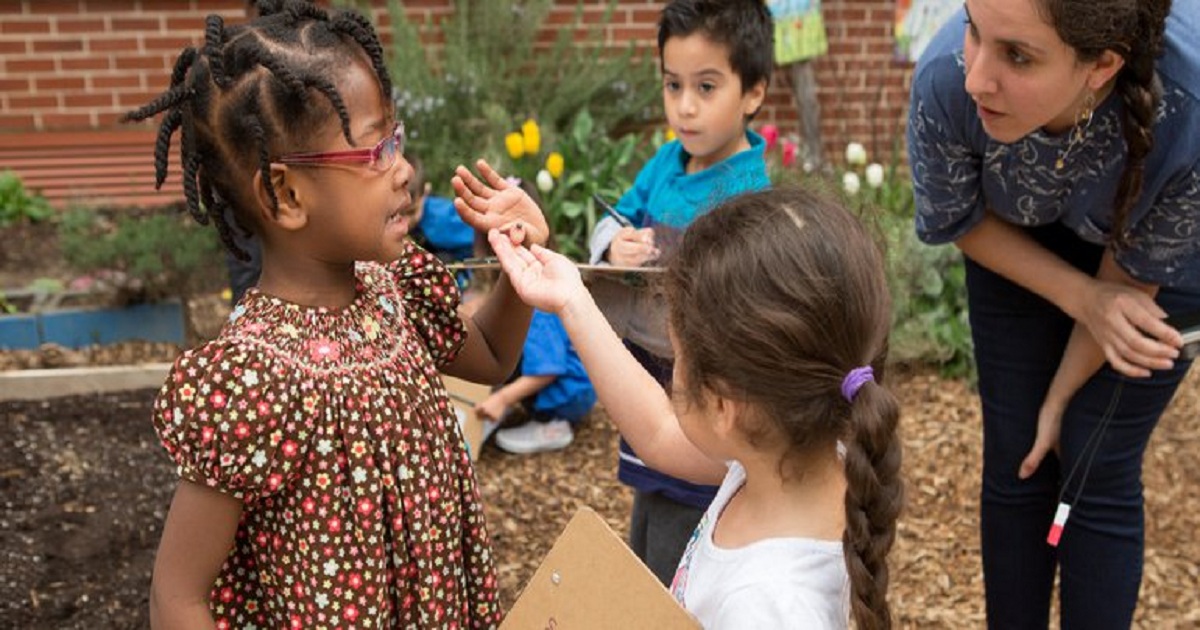How far should educators go to help students?
Educationdive | January 30, 2019

Superintendent Casey Smitherman of Elwood Community School District in Indiana faces felony charges for insurance fraud, insurance application fraud, identity deception and official misconduct after she allegedly took a 15-year-old student to a health clinic and claimed he was her son so he could receive medical care, Education Week reports. Smitherman suspected the student — who lives with an elderly relative who doesn't have a car — had strep throat, and she wanted to make sure he got treatment, according to the Indianapolis Star.While her attorney, Brian Williams, says she had good intentions from the start, Smitherman said she regrets what she did. William said Smitherman is keeping her job, and the prosecutor's office offered her a diversion agreement that, if she doesn't get arrested in a year, would dismiss her charges and allow her to admit to the crime.Daniel Domenech, executive director of The School Superintendents Association (AASA), told Education Week that "other than breaking the law, there are no limits" on educators helping students. However, he says, educators should caution becoming too emotionally attached to students to the extent that they view them as their adopted children, as well as complying with relevant policies and regulations.